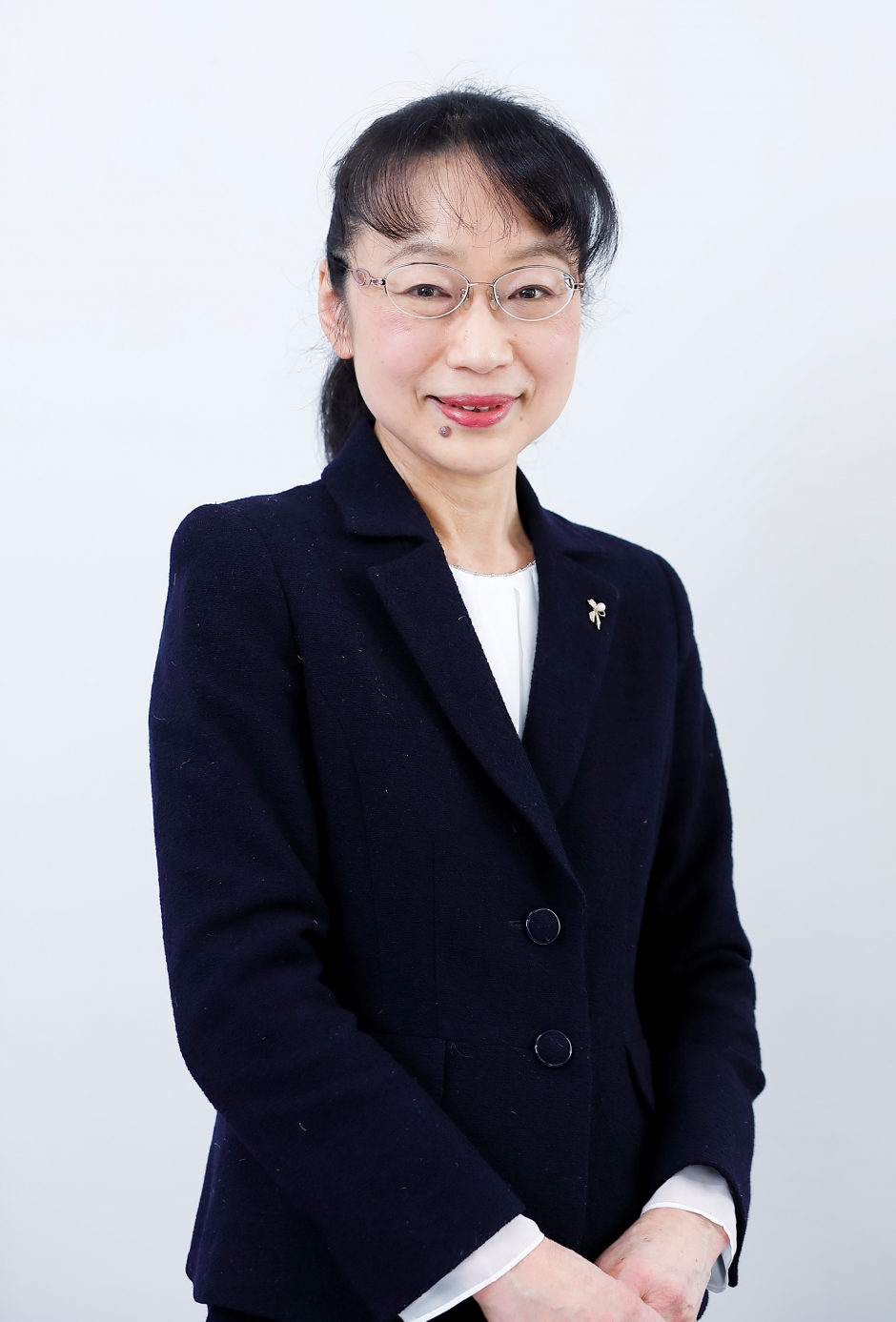Director Ayu Washizu

Many answers are required from modern social sciences.
Social science is necessary to find global solutions to the growing problems of social inequality and discrimination. Social scientists are involved in uncovering measures urgently needed to mitigate climate change, as well as changes to adapt unavoidable climate change. Social sciences are at the front of the human response to the ever-evolving information and communication technology (ICT) that will cause digital transformation (DX) by fundamentally changing lifestyles and ways of doing business. During such large societal changes, the question “Is our society what it should be?” should be clearly answered by the social sciences.
The Institute for Advanced Social Sciences (IASS) aims to address these questions by accumulating important social science research in all fields and disseminating the results. That research is then promoted with keywords fusion at the border areas of social science (interdisciplinary), cooperation between research activities and social practice (practicality), and global orientation toward the international community (internationality).
IASS was established in March 2016 and is the newest affiliated research organization at Waseda University. Taking advantage of the institute’s youth and drive, we are now tackling the most important and fascinating issues faced by social science.
The IASS has four divisions, some of which consist of several additional project research groups.
The Division of Global Issues has project research groups devoted to four areas: exploring the formation of social science, along with philosophy, history, and ideological history in Europe since the early modern period; discussing measures to address the economic aspects of environmental problems in collaboration with related sciences; collaborating on data science in various fields on computer platforms; and empirical analysis of the mechanism behind political decision-making processes.
The Division of Social Design has five project research groups with the following foci:: practical countermeasures for various transformations in society as a whole or in a community; how the legal system can be used to eliminate social discrimination; how data can be used to support public interest while protecting personal information; and the discussion of research ethics centered on medical research and the development of educational programs.
The Division of Contemporary Japanese Studies is conducting research that reconsiders Japanese history and cultural studies from the perspective of Asia as a whole.
The Division of Integrated Social Sciences plays a role in integrating research that is likely to fall into specialized differentiation.
We will continue to contribute to society by tackling the most needed cutting-edge social science issues at any given time, including interdisciplinary, practical, and international work. We aim to create a base that can send out excellent human resources who will lead the next generation all over the world.
Associate Director Yuhee Jung

The present era is said to be the “era of VUCA.” “VUCA” is an acronym for Volatility, Uncertainty, Complexity, and Ambiguity, and is a coined word that means “prediction is difficult.” Especially in the past few years, the future has become uncertain because of a series of natural disasters and the spread of COVID-19 worldwide. In such an era, how should individuals, companies/organizations, and nations survive and establish sustainable growth? In my field, business administration, the key to a company’s purpose (reason for being) is “to contribute to the future success of society, the country, and the world at large.” This applies not only to companies but also to research and educational institutions.
At its core, the Institute for Advanced Social Sciences aims at “showing the path to solving various problems of the 21st-century global society that cannot be solved through conventional academic paradigms,” and research activities are being developed on the basis of the following three philosophies: “integration,” “interdisciplinarity,” and “clinicalization.” For example, in 2021, we launched the “Carbon Neutral Research Project” to address the urgent global issue of reducing greenhouse gas emissions. Here, based onthe Institute’s philosophy, domestic and foreign researchers and practitioners from multiple research fields hold seminars from an interdisciplinary perspective, and we have produced results such as formulating practical proposals to companies and society. In addition, the Institute plans to establish a new “Global Asia Research Department.” Here, we are preparing various projects to contribute to the formation of a new global order in the 21st century by utilizing the culture, history, and economic development experiences of each East Asian country, beginning with Japan.
We believe that it is the Institute’s mission to respond to the demands of the diversifying
international community while focusing on the purpose and philosophy mentioned above, with a flexible perspective. Simultaneously, we aim to foster researchers and practitioners who can play an active role at the forefront by providing feedback on research results in educational settings.